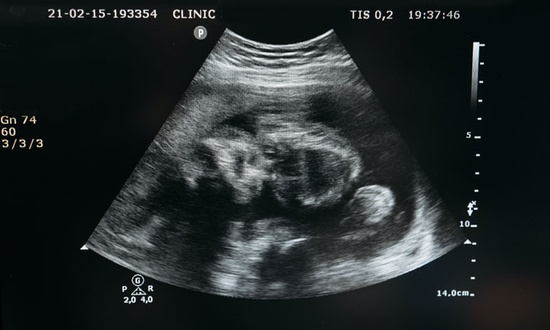Question from a reader:
I grew up under the teaching of a man who studied the original languages of Scripture, and came to the conclusion that the soul is inputted into the body at birth, not simultaneously with conception.
The fact is that the Bible doesn't explicitly state when the soul is created and joined with the living body. All of the verses quoted by the conception side have other explanations as well (“knitted me together”—that's referring to the body, not the soul; “before I formed you I knew you”—that's referring to His omniscience, and that He knew you before the beginning of time; John leapt for joy— a response from his mother's adrenaline rush of excitement). There’s no concrete proof that a fetus has a soul.
Does the fetus have a soul with rights? It's debatable.
Answer from Stephanie Anderson, EPM staff:
Randy writes, "The Scriptures teach the psychosomatic unity of the whole person—body, soul, and spirit (1 Thessalonians 5:23). Wherever there is a genetically distinct living human being, there is a living soul and spirit."
For those who would claim that an unborn child having a soul (with rights) happens at a specific given point other than conception, the burden of proof really is on them. It then becomes subjective and arbitrary. Is it at birth? Is it in the third trimester? The second? When the mother feels the baby move? If it's at birth, why not when a child first smiles? First makes eye contact? That argument has some similarities with arguments that say an unborn child/baby is only a person or human at a certain subjective point that older, bigger people choose.
Kevin DeYoung puts it this way:
Can environment give us value or take it away? Are we worth less inside than outside? Can we be justly killed when we swim under water? Does where we are determine who we are? Does the eight inch journey down the birth canal make us human? Does this change of scenery turn "its" into persons?
In his book Pro-Choice or Pro-Life?, Randy writes this:
The modern concept of “personhood,” redefined specifically to justify abortion, is hopelessly subjective and virtually worthless as an ethical guide. The only objective questions we can ask are these:
- “Is it human; that is, did it come from human beings?”
- “Is it a genetically unique individual?”
- “Is it alive and growing?”
If the answers are yes, then the “it” is in fact a “he” or “she,” a living person, possessing rights, and deserving legal protection.
The Bible is clear that the unborn are people.
Photo by MART PRODUCTION from Pexels




